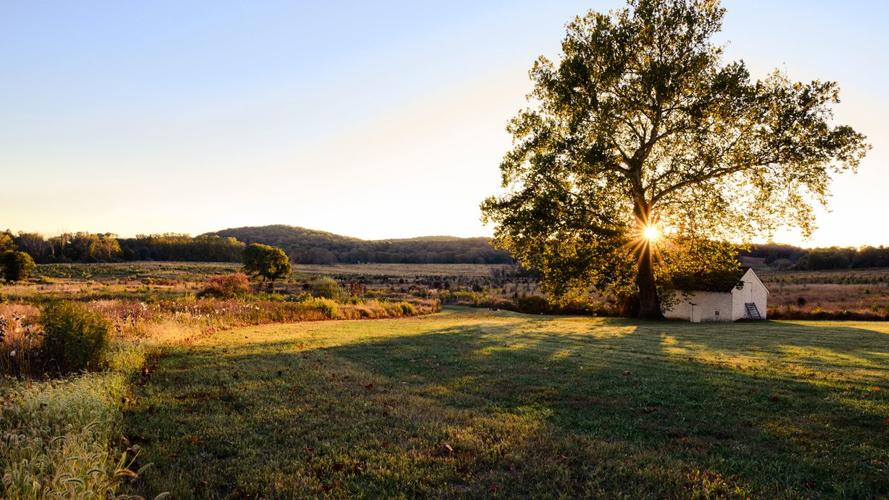Human history is a treasure trove of interesting and often interlinked cultural practices. For millennia, humankind has developed unique customs, traditions, beliefs, and behaviors that showcase the diversity of our species across different regions of the world. Our individual and collective cultural histories, therefore, represent a fascinating journey through time.
Exploring the richness of cultural history definition involves understanding the various dimensions of human life, including social, political, economic, technological, and geographical aspects. This article seeks to highlight some of the most notable features of cultural history and how they have contributed to shaping the present-day world.
One of the primary aspects of cultural history is the study of human migration patterns. Throughout history, people have migrated from one region to another, bringing with them their unique cultural practices. These migrations have resulted in the mixing of cultures, creation of new customs, and the development of hybrid identities. For instance, the Indian subcontinent, with its diverse mix of cultures, religions, and languages, is the result of centuries of migration and blending of people from different regions.
Another critical aspect of cultural history is the study of religious and spiritual beliefs. Religion has played a significant role in shaping human societies and cultures. The beliefs, practices and values associated with religious institutions contribute to the development of cultural norms and traditions. Religion has impacted politics, warfare, art, music, language, and literature in different ways throughout history.
Technology has also had a profound impact on cultural history. The development of new technologies has led to advancements in transportation, communication, agriculture, and other areas. The printing press, for example, transformed the way information was disseminated, leading to a burst of new ideas and cultural forms. Social media, in the present day, has further revolutionized the way we interact, disseminate information, and share our cultural heritage.
Culture also plays an essential role in political and economic development. For instance, cultural expressions such as art, music, and literature have contributed to the growth of tourism and cultural industries, while political institutions such as democracy and rule of law have been shaped by cultural beliefs and values.
In conclusion, exploring the richness of cultural history definition takes us on a fascinating journey through time. Human migration, religious beliefs, technological advancements, and political and economic forces have all contributed to shaping our cultural heritage. By studying and understanding our cultural past, we can learn valuable lessons about our present and future as a species.
(Note: Do you have knowledge or insights to share? Unlock new opportunities and expand your reach by joining our authors team. Click Registration to join us and share your expertise with our readers.)
Speech tips:
Please note that any statements involving politics will not be approved.
